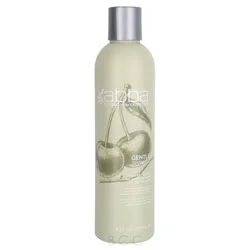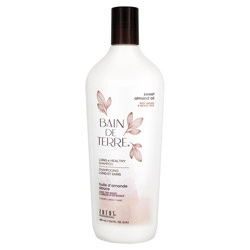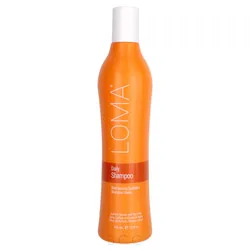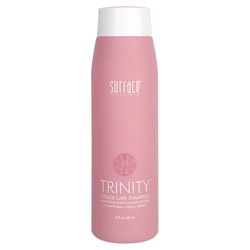Hair Products Causing Your Acne?
Do you have tiny bumps along your hairline, the upper part of your forehead, shoulders or upper back? The culprit may be your hair care products. This is so common, dermatologist have a name for it "” acne cosmetica. This literally means acne caused by products we apply to our skin or hair. According to The American Academy of Dermatology, hair is one of the main causes of adult acne, so the connection is a lot more important than you might realize.
Many hair products are oil based, which may trigger acne in those who are already prone, but ingredients such as petroleum, silicone, cocoa butter, sodium lauryl sulfate, ammonium lauryl sulfate, mineral oil, jojoba oil, coconut oil, and lanolin can also trigger acne, especially if left on the skin. Many hairsprays are also alcohol-based and can trigger breakouts if accidentally sprayed onto nearby skin. The bumps can be so subtle that you can feel but not see them. Some people develop numerous, closely packed bumps that they can see.
Why does this happen? When hair care products contain oil, the oil can find its way to your skin. Once this happens, the oil can clog your pores. Clogged pores can lead to acne. When hair care products are the culprit, you'll likely get whiteheads and tiny flesh-colored bumps called "papules." These can appear along your hairline, forehead, or the back of your neck.
If one of your hair products is causing this problem, the acne will clear in about six weeks when you stop using the product(s). Sometimes, it's easy to figure out what product(s) is causing the breakouts. If you're using a hair styling product that contains a lot of oil, such as a pomade, that's likely the culprit. The cause could also be something less obvious, as oils in shampoos & conditioners.
Wait! Wait! I love my hair care brand! Do I have to stop using it? The answer is no! Many of those acne-causing ingredients are actually wonderful for hair care, and help condition and smooth dry or damaged hair follicles, so the point is to try to use them in a way that doesn't cause collateral damage to your skin. If the hair product is being used in the shower, the most important thing is to make sure that no residue of the product is left on your skin. Make sure you thoroughly rinse your hairline and face, and using your body wash as the last step in your routine to make sure any residual product is getting washed off. Even better, use a body wash with ingredients like salicylic acid that are targeted at removing oil.
Hair product oils can also transfer to your skin via pillows, your hands, when you sweat (so it's a good idea to pull hair back from the face when exercising. Also, try shielding your face when you spray on any hair product. If you normally shower in the morning, try showering at night...no telling where your hair goes while you sleep!
If you do need to change your shampoo, look for one that is silicone and sulfate free and mostly make made from organic ingredients which usually have ingredients that contain anti-inflammatory and anti-bacterial properties.. Try anything labeled non-comedogenic (meaning it won't clog pores).


 write a review
write a review


